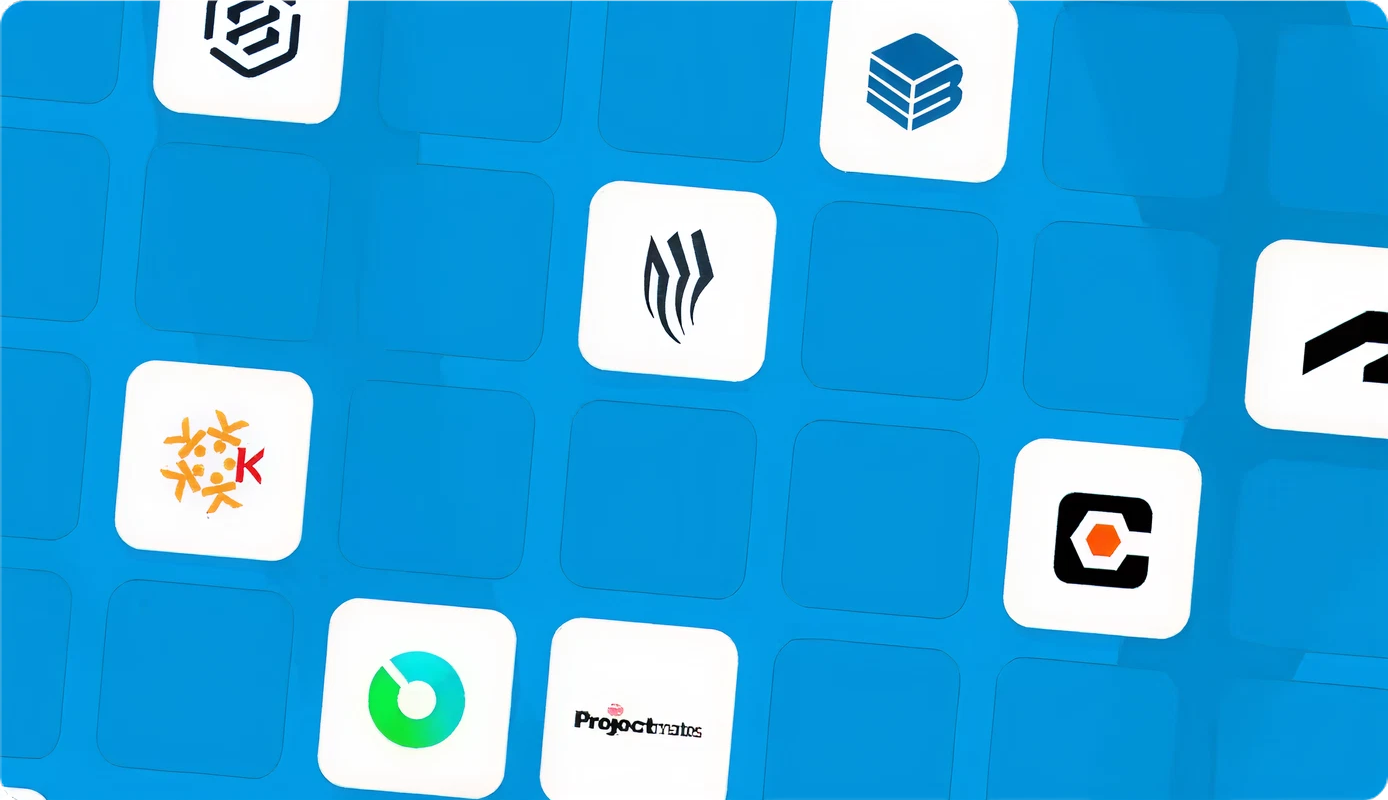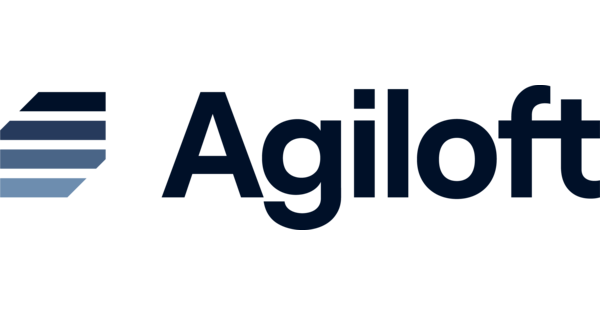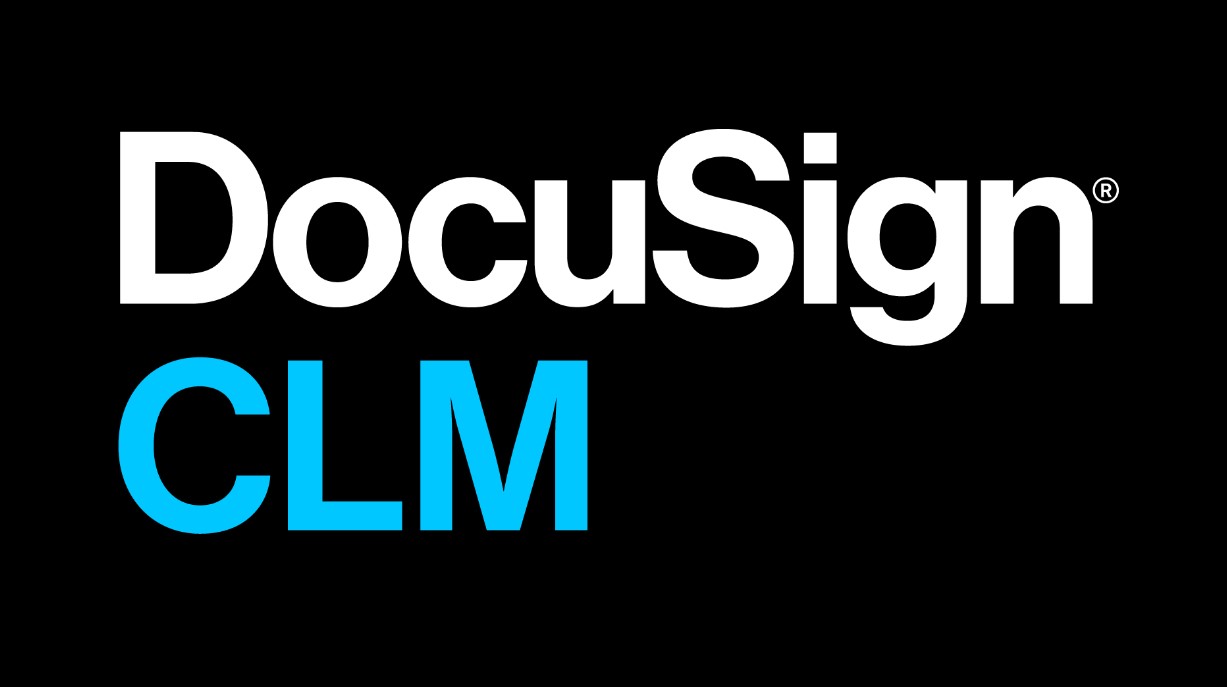Compare contract management software built to manage agreements in 2026. Explore tools that automate drafting, streamline approvals, and ensure contract compliance with speed and accuracy.

Take control of every agreement with the right contract management platform. A strong contract management solution streamlines workflows, centralizes approvals, and tracks obligations in a single, unified system. Below are the leading choices for 2026:
Contract management software is a digital platform that enables teams to create, store, and manage contracts in one centralized location. It replaces manual tracking with organized workflows that automate drafting, approvals, renewals, and compliance.
Most systems include a searchable contract repository, pre-built templates, and version control, allowing teams to find the latest document without confusion. Access permissions keep sensitive agreements secure while allowing collaboration across departments.
Many contract management systems also send automated reminders for key dates, such as renewals or deliverables. By automating repetitive tasks, the software reduces errors and keeps the contract management lifecycle consistent and compliant across all projects.
Contract management software works by automating and managing each stage of the contract lifecycle management through connected, rule-based processes. It standardizes how contracts are created, approved, stored, and monitored to keep teams aligned and data consistent.
Here’s how that process typically works in practice:
The software applies predefined rules to each stage of the contract lifecycle to keep terms, approvals, and document versions consistent across the organization. Automated logs record every action to maintain a verifiable audit trail that supports compliance, dispute resolution, and performance tracking.
Contract management software improves accuracy, visibility, and control across the entire contract lifecycle. It replaces manual tracking with automated workflows that keep teams aligned and eliminate common contract risks.
Here are the main benefits of using contract management software in day-to-day operations:
✅ Centralized data access: Keeps all contracts, templates, and correspondence in one searchable platform so teams can retrieve information instantly without relying on local folders or email trails.
✅ Faster approval cycles: Automates routing, notifications, and e-signatures to shorten turnaround time from draft to execution.
✅ Stronger compliance control: Tracks obligations, clauses, and renewals against company policies and legal standards to reduce exposure to penalties or missed terms.
✅ Version and audit tracking: Records every edit, comment, and approval to create a traceable history for audits and dispute resolution.
✅ Real-time performance monitoring: Links contract data with KPIs, milestones, and budgets so managers can see whether obligations are being met in real time.
✅ Integration with enterprise systems: Connects with ERP, accounting, or an AI contract review software to maintain data accuracy across financial and operational records.
✅ Automated reminders and renewals: Sends alerts for expiration dates, performance reports, and renewals to prevent lapses or missed deadlines.
✅ Improved negotiation insight: Analyzes historical contract data to identify patterns in vendor performance and pricing for future negotiations.
Contract management tools give organizations a clear operational advantage by enforcing consistent processes and providing visibility across multiple contracts and departments.
Software for contract management should include core tools that make contract creation, approval, and compliance faster and more reliable. The best systems combine automation, secure data handling, and integration capabilities to support every stage of the contract lifecycle.
Advanced contract management platforms may also include AI-powered features like clause recognition, risk scoring, and automated contract summarization for faster contract review cycles.
Choosing the ideal contract management software means looking beyond flashy features. The right system should fit how your teams already work, automate where it counts, and scale with your projects. Here’s a practical way to narrow down your options.
Start by laying out how contracts move across your organization, from drafting and review to approval and renewal. Pinpoint where delays happen. If legal reviews sit idle or approvals get buried in inboxes, look for software that automates routing and digital sign-offs so documents move faster.
Next, outline what your teams actually need day to day. Standard features like version control, clause libraries, and e-signatures are essential, but think about your workflow. If you manage complex vendor networks, look for detailed reporting, role-based permissions, and integrations with your ERP or procurement systems.
Then, check how each platform protects your data. Document review software should encrypt documents, limit access by role, and keep full audit trails. For public or regulated projects, confirm compliance with standards such as SOC 2 or ISO 27001. Security needs to be built in, not added later.
Now, put the software to work. Invite contract managers, project engineers, and finance staff to run through real tasks, like drafting, approving, and archiving a contract. Watch how long each step takes, how clear the interface feels, and whether users can find documents without help.
After testing, see how well the software connects to your existing tools. Integrations with accounting, project management, or document control systems eliminate duplicate data entry and keep records consistent. Choose a cloud platform that can handle growing contract volumes without slowing down.
Finally, review how each vendor handles onboarding and support. Good implementation teams help migrate existing contracts, set up workflows, and train users. Ask about their response times, update schedules, and how often new features roll out.
The selection process works best when you involve every stakeholder who interacts with contracts. A system that fits legal but frustrates project teams will struggle with adoption.
💡Pro Tip: During product demos, bring one of your most detailed contracts, something with change orders, milestones, and multiple approvers. Ask the vendor to walk through the entire process in real time. The results will show you exactly how the platform performs under real project conditions.
The best contract management software removes manual work, cuts approval time, and keeps every document in sync. Automated workflows handle routing and sign-offs, while real-time tracking ensures no deadline or obligation slips through.
A reliable system turns contract management into a clear, repeatable process, so your team can focus on delivery instead of chasing paperwork.
Recommended as the
Contract Management Software: Best Tools in 2026
Web-based, Cloud Integration
4.7/5 (Capterra)
Infrastructure & Public Works, Buildings & Real Estate, Industrial & Energy

Web-based, Microsoft Teams & Salesforce Integrations
4.4/5 (Capterra)
Enterprise Procurement, Manufacturing, Pharmaceuticals, Governme

Web-based, Cloud
4.5/5 (Capterra)
Legal Operations, Mid-to-Large Enterprises

Web-based (Cloud & On-premise)
4.6/5 (G2)
Legal Operations, Procurement, Enterprise

Web-based, Cloud Integration
4.3/5 (Capterra)
Sales, Legal, Procurement, SMBs to Enterprises

Web-based, Cloud, CRM/ERP Integration
4.3/5 (G2)
Sales, Legal, Procurement, Cross-Industry

Web-based, Microsoft Azure, API Integrations
4.4/5 (Gartner Peer Insights)
Vendor Management, Outsourcing, Finance, Telecom

Web-based, Microsoft 365, Teams, Salesforce Integrations
4.3/5 (G2)
Legal Operations, Corporate Legal Departments, Compliance